No shortcuts to Olympic success
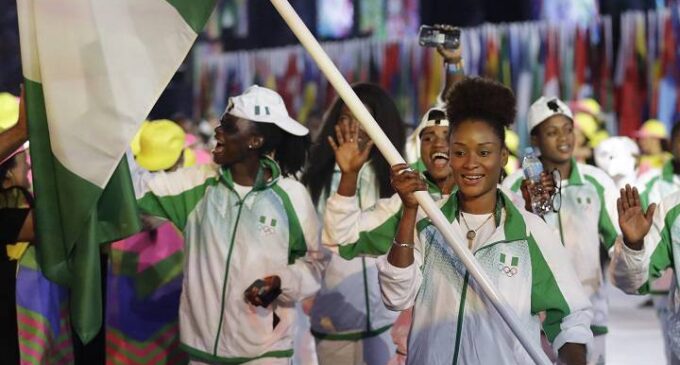
It is trite saying that our outing at the Rio Olympics was a shambles, a total failure from whichever angle we view the event. With a contingent of 74 athletes, we managed only a bronze, courtesy of the football team, which many cheeky Nigerians have dubbed, ‘golden bronze’. Well, considering what those lads went through before the competition, it was indeed a golden moment and a testament to what Nigerians could achieve without the government. But for those footballers, it would have been another show of shame and a medal-less Olympics just like four years ago in London.
The recent edition of The Economist shows the linkage between economic development and sporting success and affirms that “rich countries tend to have healthier populations and more resources to devote to sport” ultimately leading to large medal haul at sport competitions. The first five countries on the medals’ table for the Olympics, which ended yesterday, were United States, Great Britain, China, Russia and Germany. Kenya, which put up the best show among African countries was 15th on the table with six golds, six silvers, and one bronze while Nigeria was 78th with one bronze, the last position on the table. It is needless saying anything again about the sports minister as this column called him out on August 1 but with our president not one for quick and decisive interventions, one would be waiting for godot in Samuel Beckett’s absurdity play if we think anything will happen to Solomon Dalong.
But how can we crack the code of Olympic success? How can we demonstrate to the younger generation that there was a time we had people like Nojeem Maiyegun, Chidi Imo, Peter Konyegwachie, Innocent Egbunike, Mary Onyali, Falilat Ogunkoya, Chioma Ajunwa and other citizens who had their moments on the podium at different Olympics. Maiyegun is Nigeria’s first Olympic medalist having won bronze at the 1964 Olympics in Tokyo, Japan just as Konyegwachie won silver in the featherweight category 20 years after in Los Angeles, United States. Both won in boxing where we were once a super power. Of course we remember the exploits of the Atlanta ’96 football team that won gold in football before demolishing countries like Brazil and Argentina in the process. Gone was the time when our runners used to strut along with the best on the tracks and you could be sure that the Nigerian flag will be draped around them as winners in the sprints and relays.
Perhaps because it’s been a while we won any medal at an Olympics, the organisers could not even play the correct national anthem for us during the opening parade just as the kits for the athletes got to Brazil three days before the closing ceremony. Obviously, we were not interested in winning anything but to fulfill the words of Pierre de Coubertin, the founder of modern Olympics, that “The most important thing in the Olympics Games is not winning but taking part……” Try telling that, however, to other serious nations who gave the games their best from preparation to participation and eventually becoming winners. So, how do we get out of the mess we are in as far as Olympics is concerned? How do we move from hoping and praying to win medals to working and planning? What do we do to put our large population to great advantage since we have a bigger pool to choose athletes thereby increasing our chances of winning?
We must find means of putting more money in sports than we are doing currently. Many of those who represented us in Rio complained of lack of training and paying their ways to the games. Many have defected to other countries where they are better rewarded. Many are forced to compete in many athletic meetings to make ends meet that by the time they get to the Olympics they are tired and burnt out. We need a coherent and workable funding plan for sports in the land. This is where Great Britain has some lessons to teach us. With 27 golds, 23 silvers, and 17 bronzes, she won the most medals at an Olympic since 1908 and a great improvement from only one gold 20 years ago at Atlanta. John Major, a former prime minister, decided to channel funds from the national lottery to sports thereby guaranteeing funding for sports. While we don’t have a huge lottery like Britain, we can look at avenues that would guarantee regular funding.
We need also to maximize areas where we have comparative advantage. What’s the point in competing in sports where we are not sure of winning or where there are only three medals? Just look at swimming and boxing compared to basketball and handball. What of our national games festival and secondary school sports competitions once good avenues to identify talents? Only few corporations are sponsoring athletics and football, how can we encourage others to do more since government cannot do it all? It took Britain 20 years to move from one gold to 27, there are no shortcuts to Olympic success. Let’s start preparing for Tokyo today; otherwise we might not get more than one medal again in four years.
Views expressed by contributors are strictly personal and not of TheCable.


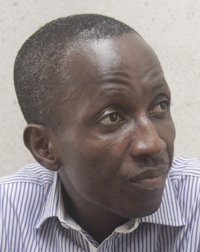




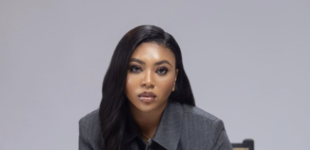

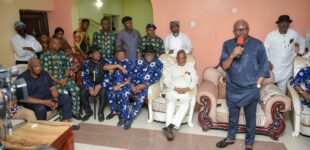

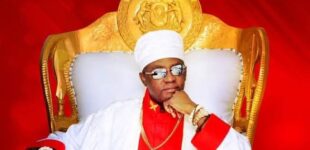


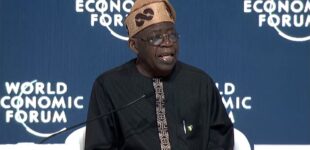


There are no comments at the moment, do you want to add one?
Write a comment